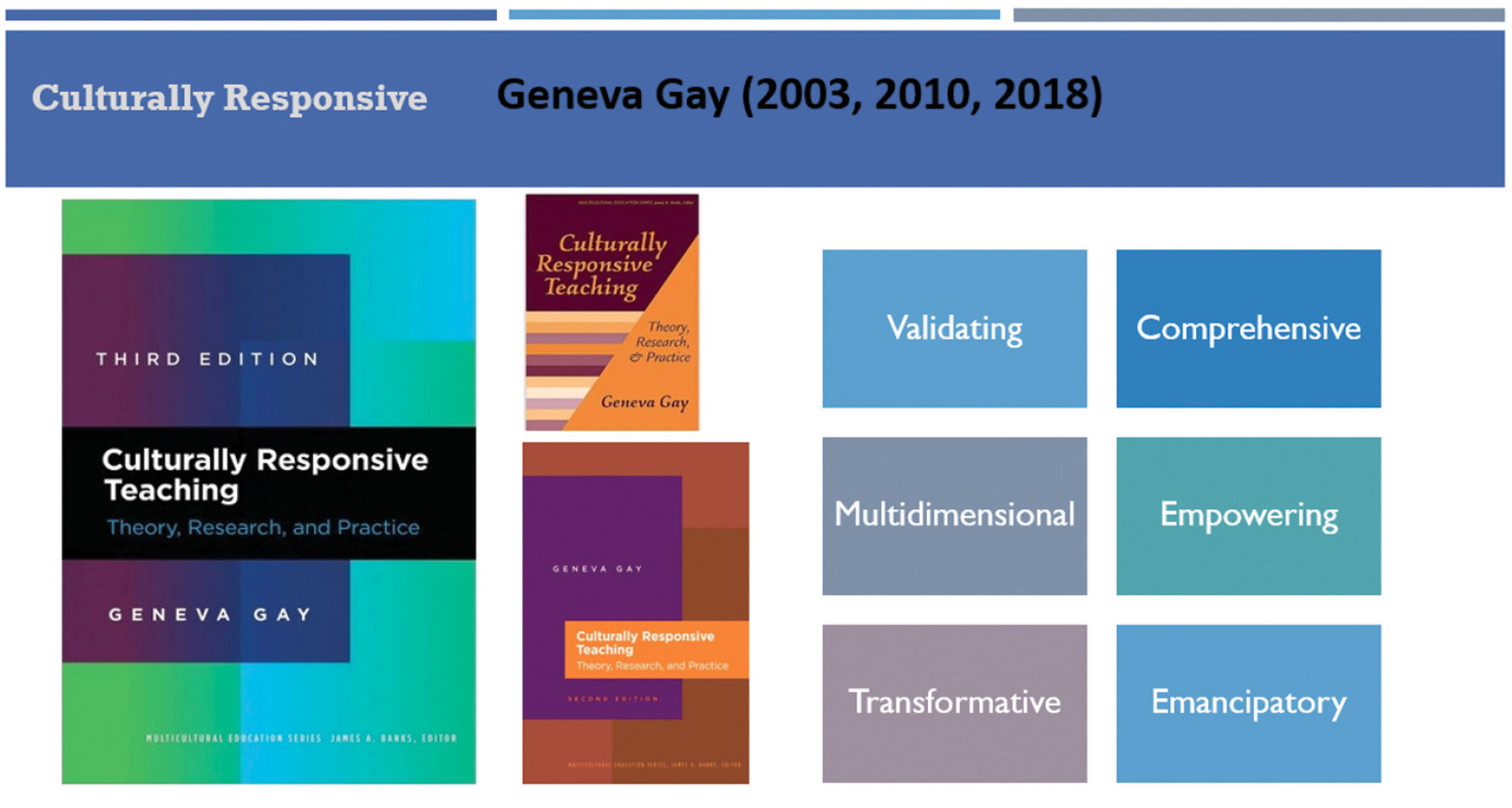
Cross-cultural skills demonstrated through the ability to communicate with respect recognize others' values, accept knowledge, skills, and talents and tolerate, engage, and celebrate the success of others. How do we develop an attitude and components of cultural competence?ĭeveloping cross-cultural attitudes allows one to develop skills for better engaging with people from all kinds of cultures. One's own unique history and personality also play an important role (Hofstede, 2002). This is not to say that culture alone determines how one interprets a situation. Unconsciously, we bring our own cultural frame of interpretation to any situation. It gives us the ability to compare different cultures with our own and better understand the differences. Why do we need to develop cultural competence?ĭeveloping cultural competence helps us understand, communicate with, and effectively interact with people across cultures. Williams (2001) defined cultural competence as " the ability of individuals and systems to work or respond effectively across cultures in a way that acknowledges and respects the culture of the person or organization being served" p.1.


Betancourt (2004) defined culture as a pattern of learned beliefs, values, and behavior that are shared within a group it includes language, styles of communication, practices, customs, and views on roles and relationships. Edgar Schein (2010) described a culture as "shared beliefs, values, and assumptions of a group of people who learn from one another and teach to others that their behaviors, attitudes, and perspectives are the correct ways to think, act, and feel." Psychologists argue that unfamiliar culture negatively affects an individual's sensemaking mechanisms and determine their behavioral responses. In 2010, Gregory and colleagues emphasized that culture must be considered in historical, social, political, and economic contexts. Culture is a dynamic relational process of shared meanings that originate in the interactions between individuals (Carpenter-Song, Schwallie, & Longhofer, 2007). In 1951, Kluckhohn explained culture as sharing a pattern of thinking, feeling, reacting, and problem-solving. Exceptional customer service gives you the ability to set your business apart from your competitors and keeps your customers returning to your business. Practicing cultural competency skills can also elevate your customer service skills. Cultural competency skills can help businesses run more productively, and efficiently.

Globalization and diversity lowered the barriers that once separated cultures both internationally and domestically (Garneau & Pepin, 2015).
#Culturally inform definition and examples how to
It is critical to know how to assess our cultural competency and evaluate our own cultural behaviors. Working and living in a global society requires the ability to create interactions and relationships with people who are different from oneself. Adopted cross-cultural attitude strategies will help to develop and enhance the ability to practice effective communication in intercultural situations. This article will help better understand cultural competence and its components.


 0 kommentar(er)
0 kommentar(er)
